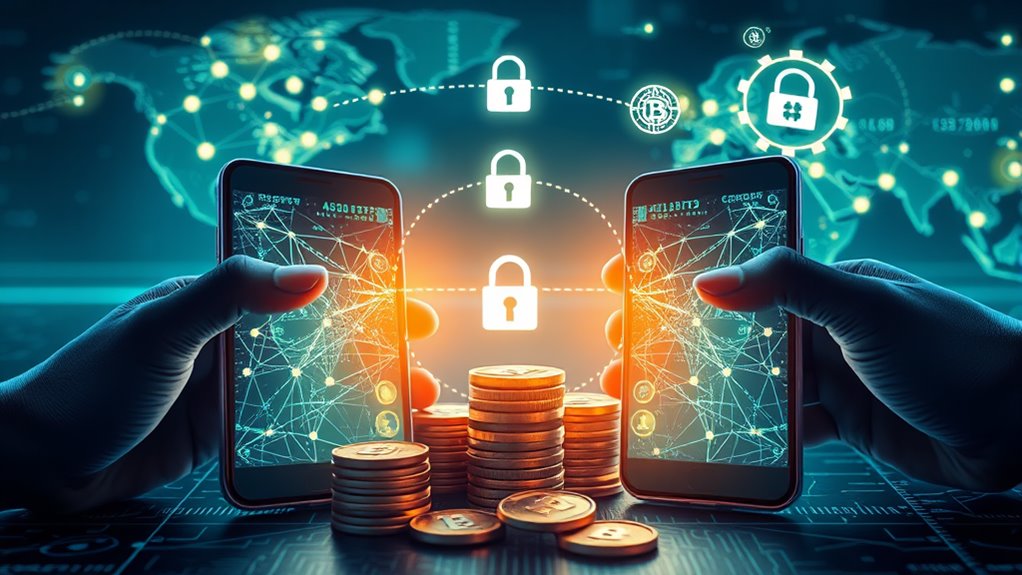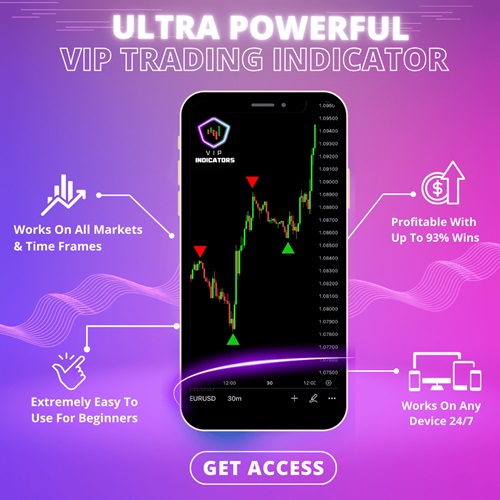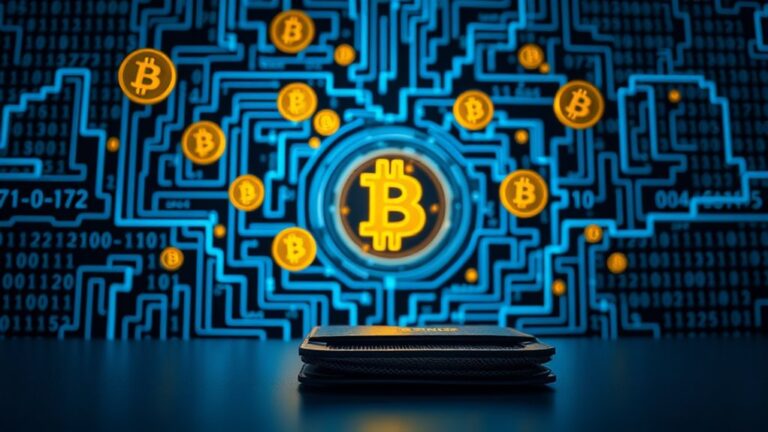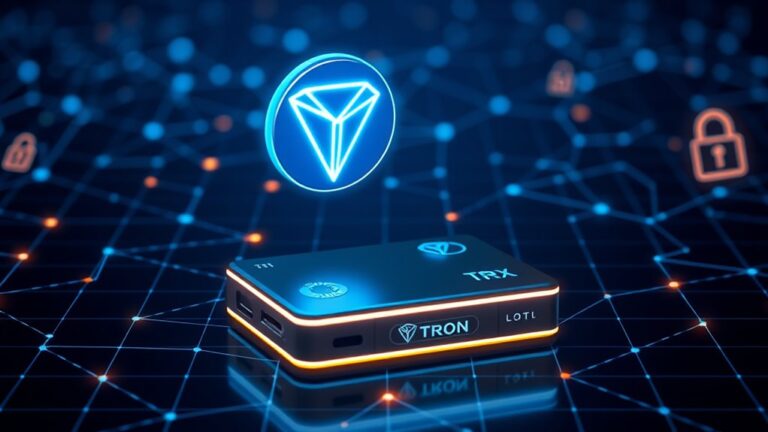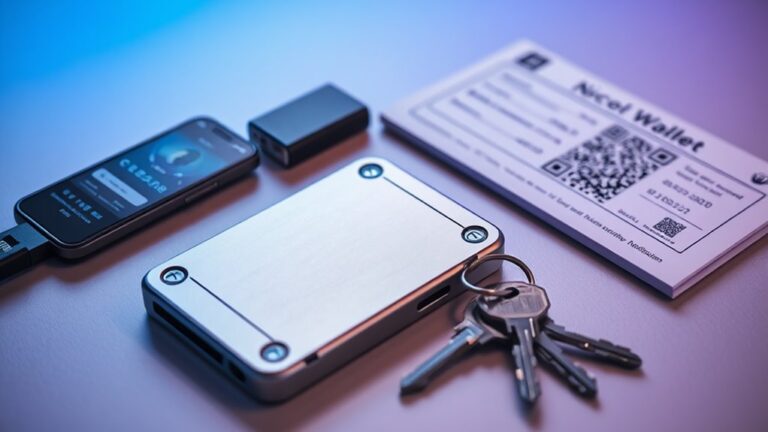P2P Benefits in Crypto
Note: This post may contain affiliate links, and we may earn a commission (with No additional cost for you) if you purchase via our link. See our disclosure for more info. The gold and crypto world is constantly changing. This is not financial, investment, legal, or professional advice. So, please verify the information on the gold and cryptocurrency provider’s websites.
P2P crypto is like having your cake and eating it too. No middlemen, no unnecessary fees. Just pure, unfiltered transactions. It's cheaper and faster than traditional banking—thank you, smart contracts. Plus, security is on lockdown with decentralization and encryption. Everyone, even the unbanked, can join the party thanks to global accessibility. And let's not forget, users call the shots. If you think that's cool, wait until you see what else is in store.
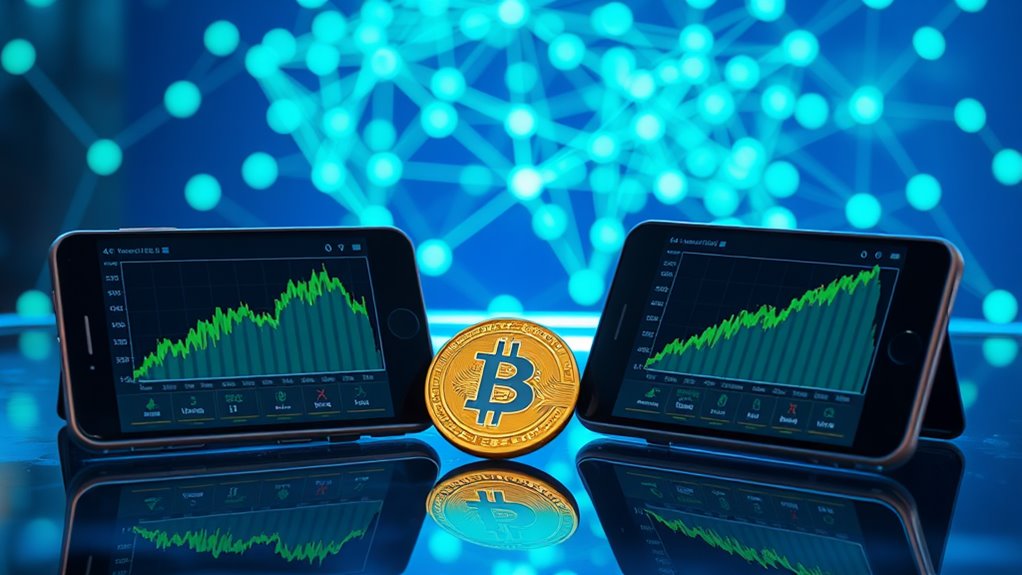
Businesses benefit too, as they sidestep the centralized infrastructure that drains their resources. Cross-border transactions? They're cheaper now, making traditional banking look like a bad joke. And let's not forget smart contracts, which handle transactions automatically, saving everyone from the headache of manual checks.
Security? P2P crypto has it covered. The decentralized architecture means there's no single point of failure just waiting to collapse. Encryption and two-factor authentication keep user funds safe from prying eyes. Plus, blockchain transparency provides an immutable record of transactions, making fraud feel a lot harder. Additionally, a blockchain database is shared among participating computers, enhancing the reliability of these transactions.
Escrow services secure payments until both parties are happy, and users keep control of their private keys. Ownership? They've got that in spades.
Global accessibility is another feather in P2P's cap. No one cares about geographical barriers anymore. The unbanked? They can finally join the financial party via mobile devices. Different payment methods cater to a global audience, and forget about the red tape of currency exchange. It's like opening the floodgates for financial freedom. Moreover, global market expansion allows businesses to tap into millions of potential customers worldwide, further driving growth.
And let's talk about user autonomy. Forget third parties looming over every trade. Users set their own terms and negotiate like pros. Blockchain guarantees irreversible transactions—good luck trying to reverse that! Community-driven governance means decisions are made by the users, not some faceless corporation. Many users also leverage profit calculators to assess potential gains before engaging in P2P transactions, reducing their exposure to market volatility.
Lastly, the tech is impressive. Blockchain's tamper-proof records are a game-changer. High fault tolerance means the network keeps running, even when some nodes drop. With low latency and a decentralized structure, P2P crypto is breaking barriers and making waves.
The future is here, and it's looking bright.
Frequently Asked Questions
How Do I Start Using P2P Crypto Platforms?
To plunge into peer-to-peer crypto platforms, one must first register. Yep, create an account and verify that identity—no sneaking around.
Next, set up payment methods. There are over 1,000 options, so pick wisely.
If selling, transfer crypto to a Funding Account. Now you're ready.
Browse or post ads that match your price and payment preferences.
Finally, initiate trades. Simple, right? Just don't expect a magic wand to make it all easy-peasy.
Are There Risks Involved With P2P Transactions?
P2P transactions? Oh, they come with a bucket of risks.
Think fake payment claims, where buyers pretend to pay but really don't. Chargeback fraud? Yep, that's a thing.
And don't get started on phishing scams; they're lurking everywhere. Anonymity lures the bad guys, and trust in platforms? Good luck with that.
With no safety net and irreversible trades, one wrong move, and you could be left holding the bag. Fun times, right?
Can I Use P2P for Small Transactions?
Absolutely, small transactions can totally happen through P2P.
It's kind of like using cash at a garage sale—quick and easy. Lower fees? Check. No annoying intermediaries? You bet. Plus, there's no minimum amount, so you can trade tiny bits without a fuss.
Sure, there are risks—trust issues and tech headaches—but hey, it's all part of the game. Just remember, keep it simple, and you might just dodge the chaos.
What Cryptocurrencies Are Commonly Traded in P2P?
Cryptocurrencies traded in P2P? It's all about the big names. Bitcoin, Ethereum, Tether, USD Coin, and Binance Coin are the usual suspects.
Then, there are the altcoins—Dash, Monero, Polkadot, Solana, and Cardano. Stablecoins like Tether and USD Coin are hot commodities too.
Some platforms even flaunt over 1,000 coins, including the weird and wacky. Not every platform is created equal, but hey, that's crypto for you.
How Do I Resolve Disputes in P2P Trading?
Disputes in P2P trading? Oh boy, they can get messy.
First, try to chat it out. Direct negotiation is key. If that fails, consider dragging in a neutral mediator.
Sometimes, platforms have their own specialists for this stuff—like Bybit's P2P Appeal team.
And if things spiral out of control, legal options are lurking in the shadows.
Just remember, keeping records and using escrow can save a lot of headaches.

